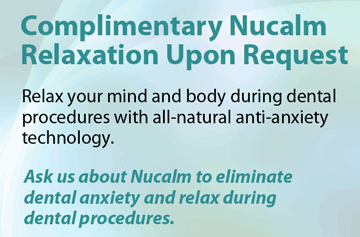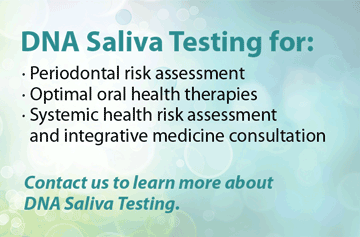
Most people fall off the “healthy diet wagon” in December and indulge in sweets and foods rich in saturated fats. If your tummy feels more upset than usual and constipation sets in, your oral health is also affected. Many people don’t realize that oral hygiene is closely linked to overall digestive wellness and vice versa. As we observe Constipation Awareness Month this December, it’s a good time to look at the important relationship between oral health and digestive health.
Oral Health and Digestive Issues
Gum disease, cavities, and poor oral hygiene aren’t just problems for your teeth and gums—they can have broader effects on your entire body. Harmful bacteria from gum disease can enter your digestive tract and disturb the balance of good and bad bacteria. This imbalance can lead to digestive issues, including bloating, constipation, and even conditions like irritable bowel syndrome (IBS).
Imbalances in the types of bacteria throughout your digestive system may adversely affect your oral health, contributing to things such as gum disease and tooth decay. Other problems in the gut, such as acid reflux, may also adversely affect your teeth by exposing them to dangerous acid that erodes tooth enamel.
How to Improve Your Digestive Health Through Oral Care
- Practice Good Oral Hygiene – Brushing twice a day, flossing, and visiting your dentist regularly can prevent bacteria buildup that can negatively impact your digestive system.
- Eat Probiotic-Rich Foods – Including foods like yogurt, kefir, and sauerkraut in your diet can promote a healthy gut.
- Stay Hydrated – Water is essential for both oral and digestive health, as it helps maintain saliva production and digestive flow.





 The general, cosmetic and reconstructive dental practice of Encino dentist Dr. Isaac Comfortes is devoted to restoring optimal oral health, which supports whole body health and enhances the natural beauty of smiles.
The general, cosmetic and reconstructive dental practice of Encino dentist Dr. Isaac Comfortes is devoted to restoring optimal oral health, which supports whole body health and enhances the natural beauty of smiles.